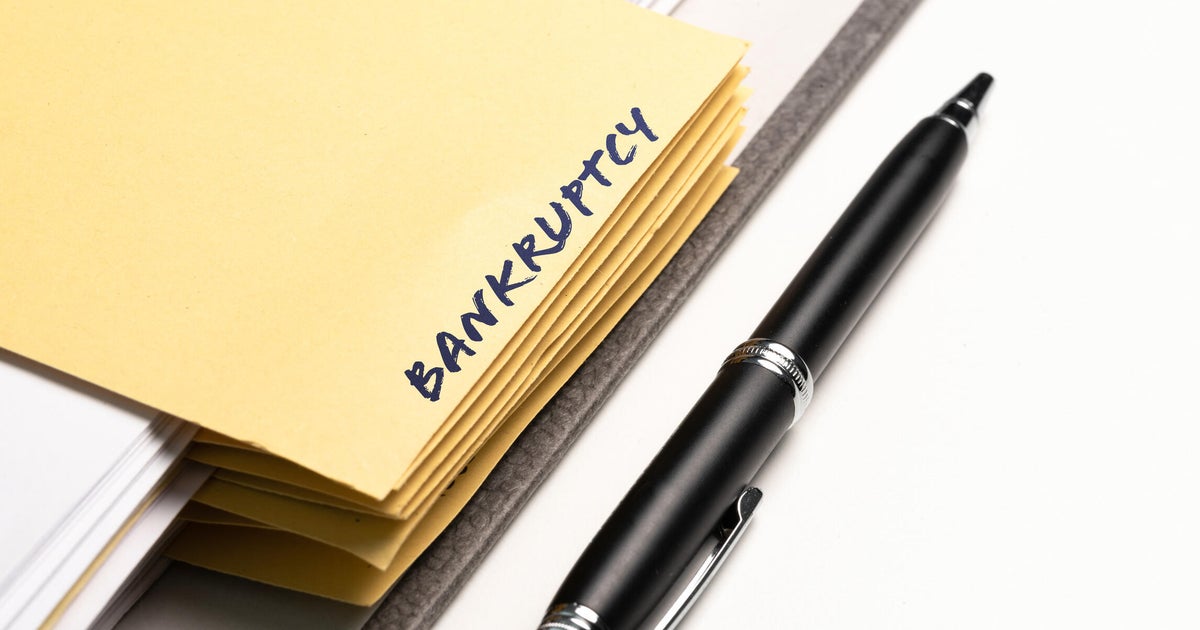How to keep your credit card debt low during the holidays
Credit card debt is a real problem for many Americans. About a quarter of credit card users carry a balance from month to month, and across the nation, outstanding credit card debt currently amounts to $1.7 trillion. Throw in record-high interest rates, which average above 23% on the typical credit card, and it's harder than ever for many consumers to break free.
With the holidays fast approaching and holiday spending expected to rise, it could be tempting for consumers to charge even more to their credit cards — compounding debt issues even further. Want to make sure that won't happen to you? Here's what experts say you can do.
Find out how to tackle your credit card debt here.
How to keep your credit card debt low during the holidays
These strategies can help you keep your credit card debt down during the holiday season:
Keep score
Certified financial planner Mike Chadwick says the best strategy for keeping credit card use low is to simply "keep score" — maintaining a detailed list or record of everything you spend and buy as you approach the holidays.
"People have credit card debt because they spend more than they take in," says Chadwick, president of Fiscal Wisdom Wealth Management. "If you keep granular records, it'll never happen."
You can even add extra details about why you made the purchase in the first place and reflect on how that purchase impacts your finances.
"One method that helps me find a deeper truth is to journal about what is unfolding and whether those actions are actually positive for my future," says Jay Sharifi, founder of Legacy Wealth Management. "Your credit cards don't run themselves up. Hold yourself accountable."
Learn more about your debt relief options online today.
Set honest expectations with loved ones
It can be tempting to "keep up with the Joneses" during the holidays, Sharifi says, but it's important to keep your financial goals in mind and set reasonable expectations — both for yourself and with your loved ones.
"Have difficult and honest conversations with those closest to you that you will not be spending because you are trying to get the family to a healthier place," Sharifi says.
You can also set budgetary limits with your loved ones, or opt for handmade or handed-down gifts instead.
"This is not about satisfying people and or ourselves," Sharifi says. "It's about understanding what we must do rather than what we want to do."
Pay off before adding more
Credit cards can be a valuable financial tool, even helping increase your credit score and earning you things like cash back, airline miles, and other rewards. But that's only if they're used responsibly. And adding to your balance when you're already having trouble paying it off? That's the opposite.
Chadwick suggests taking a hard look at your monthly income and expenses, and setting a strict rule for yourself: You'll only spend what you know you can pay off.
"No card purchases unless you can pay for them in full when the bill comes in," Chadwick says.
The bottom line
If you're deep into credit card debt already, you can look at debt relief options like debt consolidation, debt forgiveness or a debt management program, among other options. You can also talk to a financial planner or credit counselor who can help you set a budget and explore your options for tackling debt.




